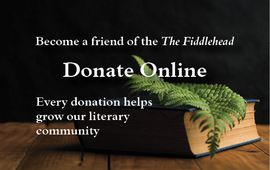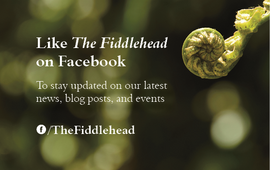
The Resistance to Poetry by James Longenbach
As an admirer of rampant kinds of poetics, I first discovered this Longenbach volume shortly after its 2004 publication and was instantly struck by its refusal to make poetry accommodating, accessible, to evidence the strain so many other poetics texts possess in their aim to convince the reader of the genre’s palatability, transparency, likeability.
No. Longenbach immediately calls poetry its “own best enemy” and begins to explore the essential and exciting nature of poetry’s “self resistance.” How reassuring to have the quality most feared about poetry, the one that usually leads to English teachers posing the question, “What is this poem TRYING to say?” lauded instead of vilified. Yes to density, strangenesses, multiplicities of lingual experience. Longenbach explores the slippery line, disjunctive leaps, generosities of sound and opacities of narration, always glorying in the beautiful uselessness of poetry, an attribute that simmers relentlessly at the core of a poem, despite its vitality of content or its viable modes of comprehension. Check out this statement! “Poems show us how it feels to like trouble.” Or this query! “If the resistance to poetry is the wonder of poetry, how do we prevent resistance from becoming a fetish?” Deeply human and stylistically engaging, The Resistance to Poetry invites you to return to its reckless wisdoms over the years to re-inhabit the environment of awe and ineffability the poem thrives most wildly in.
Catherine Owen (Vancouver/Edmonton) has published fifteen collections of poetry and prose. Her most recent book of poems is Riven (ECW 2020). She runs the podcast Ms Lyric's Poetry Outlaws and writes Marrow reviews at Wordpress.com. These lyrics are from an MS in progress called Commemorations by the Weather.









